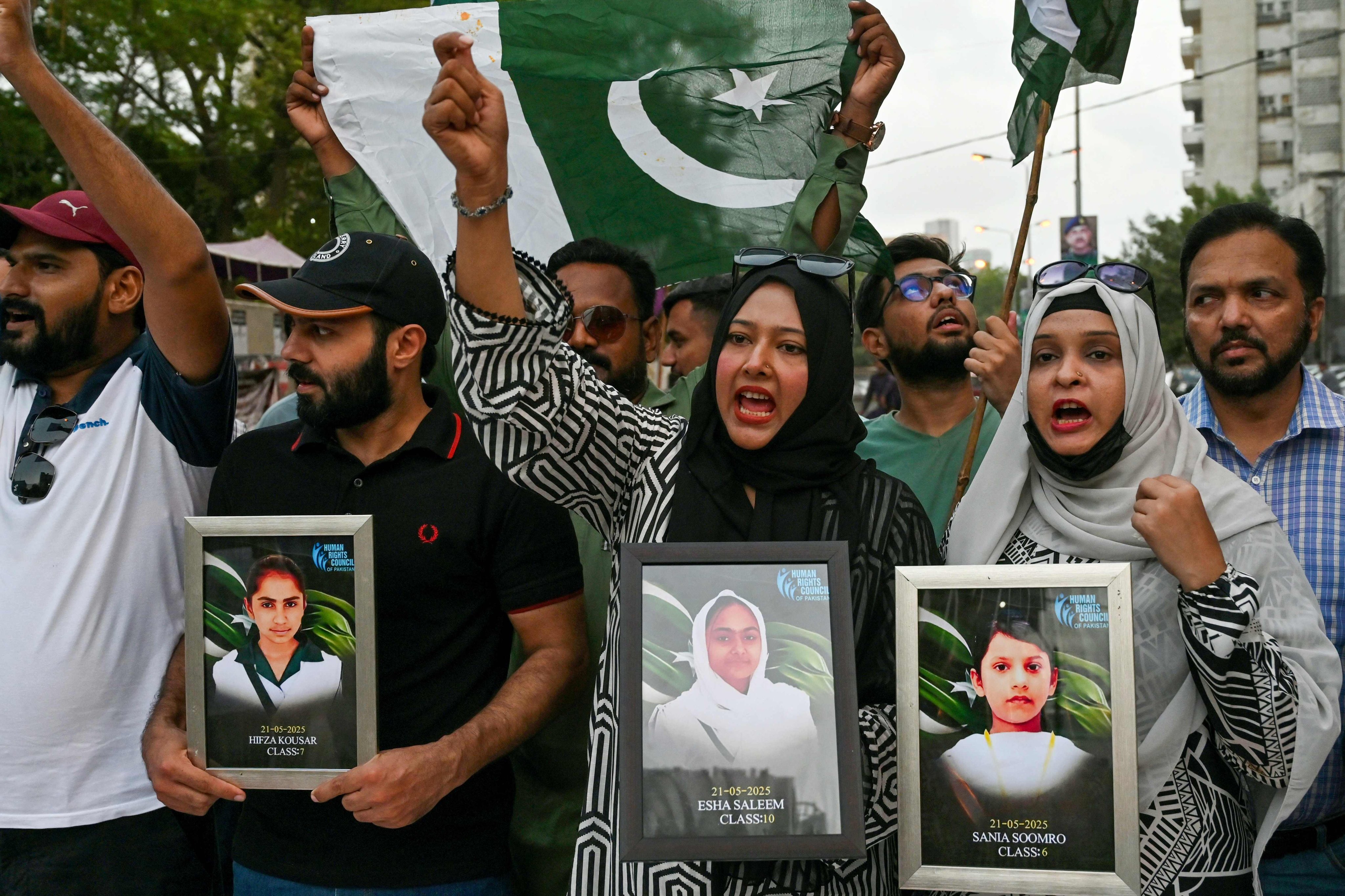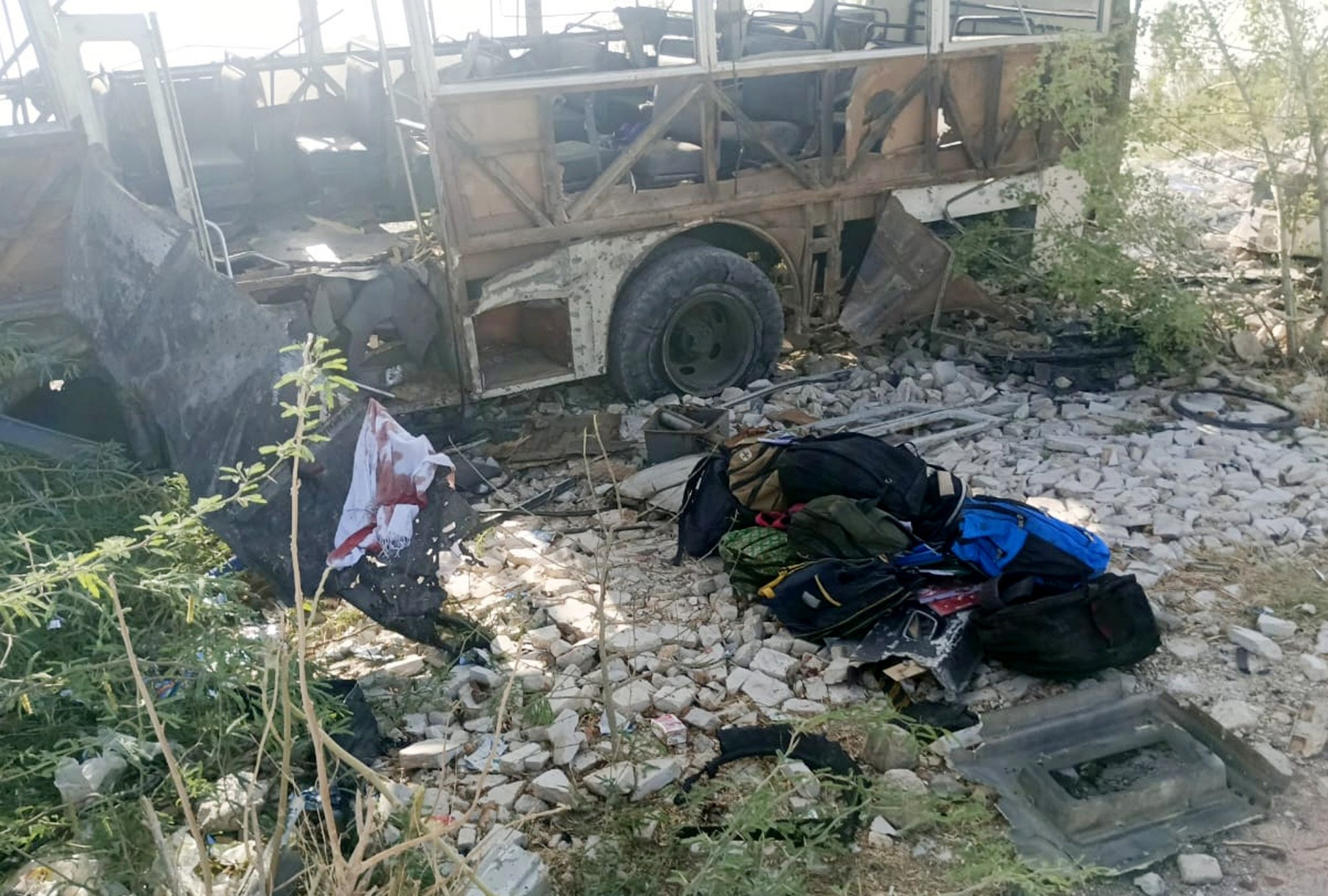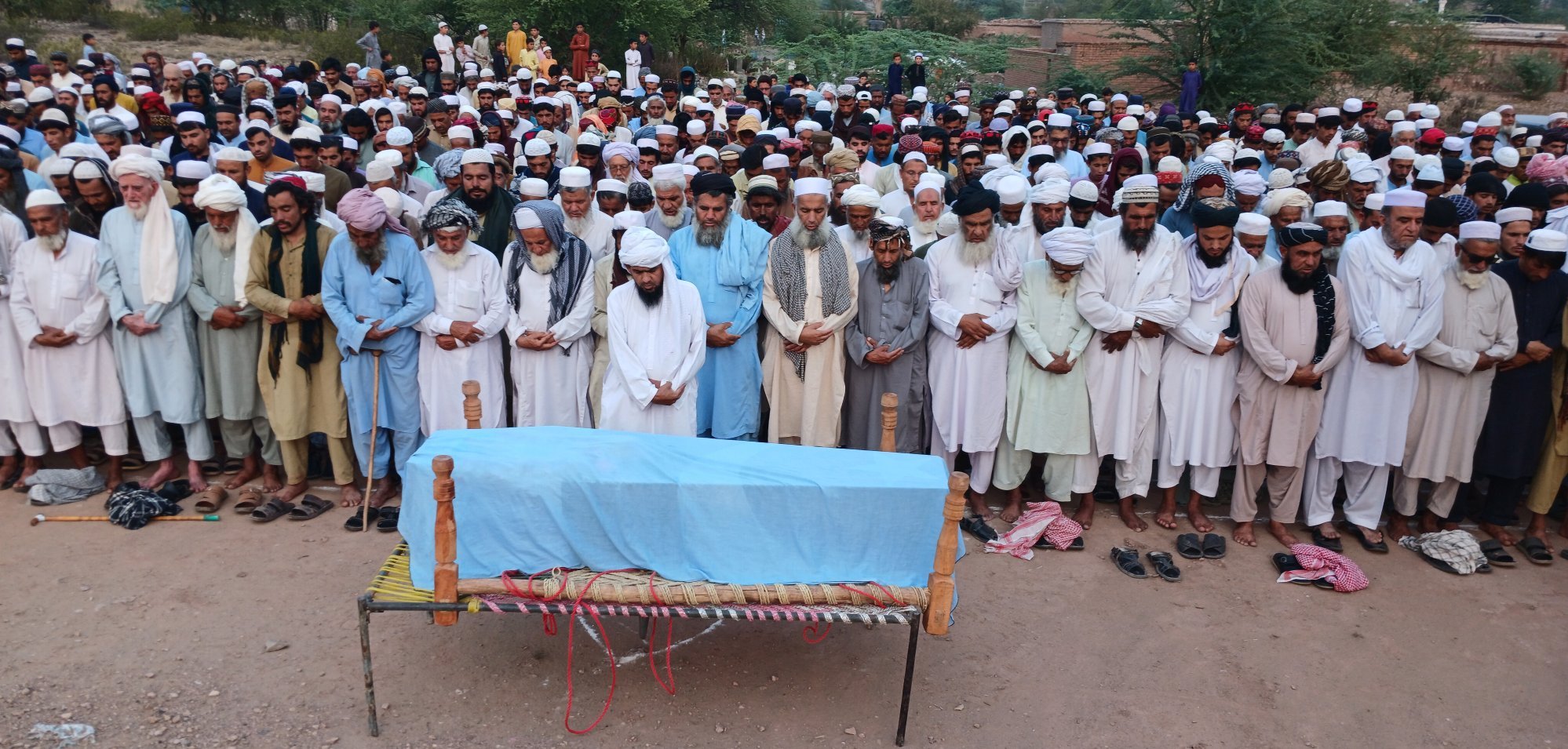Pakistan intensifies Balochistan insurgency crackdown after deadly school bus bombing
Islamabad also needs to end the rebellion to attract foreign funds to its vast reserves of copper and other ‘critical metals’, analysts say

Pakistan is set to intensify counterterrorism operations in the mineral-rich province of western Balochistan in the aftermath of Wednesday’s suicide bombing on a school bus – which Islamabad had attributed to Indian spies.
The attack in the town of Khuzdar, which claimed the lives of five high-school girls and five soldiers, came amid Chinese diplomatic efforts to cool tensions between Islamabad and Kabul over cross-border Pakistani Taliban and Baloch insurgent attacks staged from Afghanistan.
A further 51 people were injured in the bombing – including 37 children, seven of whom remain in critical condition.
With tensions with New Delhi still running high after their five-day air war earlier this month, Prime Minister Shehbaz Sharif on Wednesday vowed that Pakistan’s security forces and law enforcement agencies would “relentlessly pursue all those involved in this barbaric act”.
“The architects, abettors and enablers of this crime will be held accountable and brought to justice and the truth about India’s cunning role, a real perpetrator of terrorism but feigns as a victim, stands exposed before the world.”

Following his statement, Pakistan’s government ordered the national media to refer to Baloch rebel groups as “agents of Indian chaos” in its coverage.
Indian external affairs ministry spokesman Randhir Jaiswal rejected the “baseless allegations made by Pakistan” on Thursday, and condoled the “loss of lives in all such incidents”.
Reiterating India’s allegation that Pakistan’s intelligence agencies were behind an April 22 terrorist attack that killed 27 tourists in Kashmir, Jaiswal said it had become “second nature for Pakistan to blame India for all its internal issues … in order to divert attention from its reputation as the global epicentre of terrorism and to hide its own gross failings”.
“This attempt to hoodwink the world is doomed to fail,” he added.
Pakistan has repeatedly denied any involvement in the Kashmir attack, and also offered its condolences at the time.
Beijing hosted talks between the foreign ministers of China, Pakistan and Afghanistan on Wednesday following a phone conversation between the national security advisers of Pakistan and Iran.
Analysts said these engagements showed that Islamabad was urgently working to secure its western borders because of the pressure on its eastern flank with India.
Need for stability
According to Farwa Aamer, director of South Asia initiatives at the Asia Society Policy Institute in New York, “China sees Pakistan’s stability and security as important for many reasons” – a prominent one being the US$64 billion China-Pakistan Economic Corridor (CPEC) programme of the Belt and Road Initiative.
The cornerstone of CPEC is the overland road connection between Xinjiang and the Chinese-operated port of Gwadar on the Arabian Sea coast of restive Balochistan.
But Baloch insurgents have hampered the development of the port by staging attacks on Chinese nationals working there since 2004.
Their campaign against Chinese nationals and interests has intensified since the launch of CPEC in 2016, straining relations between Beijing and “ironclad friend” Islamabad.
An expansion of CPEC into Afghanistan has “been on the cards” since the Taliban regime seized power in Kabul in 2021, “so a stable Afghan-Pakistani border and more cooperative relations would serve China’s interests,” Aamer told This Week In Asia.
She said the “alternate scenario could compromise security and economic goals of all, especially at a time when intraregional dynamics are extremely tense following the recent India-Pakistan escalation”.
After an exchange of air strikes against Baloch rebels camps in each other’s territory in January last year, Iran and Pakistan “agreed to pursue joint intelligence sharing to interdict terrorist activity”, said Fahd Humayun, an assistant professor of political science at Tufts University.
“That cooperation is likely to continue, though it’s important to note that Iran faces a challenging regional environment of its own,” Humayun told This Week In Asia. “If the regional situation in the Middle East deteriorates in the coming weeks, border coordination [with Pakistan] could become more difficult”.
Baloch insurgent groups operate from bases in the mountains along Pakistan’s border with Iran, while many rebel leaders and their families live in Afghan provinces which neighbour the two countries.
Humayun said Pakistani intelligence-based counterterrorism operations against the Balochistan Liberation Army and other rebel groups have been ramped up since the hijacking of a train carrying several hundred soldiers and civilians on March 11.
Islamabad said 64 people, including 31 hostages, were killed during the 36-hour counterterrorism operation to end the unprecedented hijacking, which it blamed on “Indian proxies”.
A hit-and-run attack on a security check post in Balochistan last week was filmed by an armed Pakistani drone, which pursued the two motorcycle-riding perpetrators and killed them, according to a video posted by military-linked social media accounts.
Efforts to crush the insurgency in Balochistan would “likely intensify, particularly as Pakistan seeks to build a compelling case pointing to Indian sponsorship of terrorist activities in the country”, Humayun said.

Islamabad is further motivated to bring an end to the 20-year insurgency because it needs to attract foreign investment to develop vast reserves of copper and other so-called critical metals, according to analysts.
Pakistan is poised to join the ranks of the world’s top producers of critical metals by the end of the decade, following an April 8 deal between the government and Canadian mining giant Barrick Gold.
Chinese mining firms are already on the ground in Balochistan, while Saudi Arabia and the United States are in negotiations with Pakistan to gain access to the world’s largest known untapped deposits of copper and gold with near-term production potential.
Consequently, Pakistan’s renewed counterterrorism efforts in Balochistan could find international backing, analysts said.
“Economics is driving all policies today, so if there is a prospect of further investments acknowledging the critical minerals potential, plus existing investments from key global players, you could see increased support, if through nothing else, at least rhetorically,” Aamer said.
For Pakistan to “harness its economic potential, its security issues need to be resolved foremost, and the world sees that”, she said.
Humayun said successful Pakistani counterterrorism operations were “an unambiguous positive for Pakistan, for regional stability, and for its partners”.
“As such, these efforts should largely be welcomed and encouraged.”